#Retro Game
Explore tagged Tumblr posts
Text

Urusei Yatsura: Endless Summer Nintendo DS 2005
#gaming#video games#retro gaming#nostalgia#aesthetic#pixel art#anime#retro game#retro anime#urusei yatsura#lum invader#rumiko takahashi#rumic world#80s anime#old anime#oldtaku#old anime aesthetic#retro anime aesthetic#retro anime style#anime games#2000s#2005#nintendo#nintendo ds#aughts#mid 2000s#2000s nostalgia#shinobu miyake#animanga#gif
146 notes
·
View notes
Text
Why do I feel so connected with glow-in-the-dark skeletons? Is it because I'm a 90s child 🤔
You can support my work by becoming a patron 🎊
patreon.com/acornbringer
#horror#horror game#indie horror#indie horror game#indie dev#indie game#indie game dev#unity#unity 3d#made with unity#low poly#3d game#game art#3d#retro style#retro game#retro aesthetic#glow in the dark#skeletons#skeleton#moths#moth
6K notes
·
View notes
Text

Final Fantasy X-2 ⚔️💗✨
#illustration#artists on tumblr#final fantasy x2#retro game#game#yuna#rikku#paine#aesthetic#artwork#90s anime style
858 notes
·
View notes
Text









Pokémon Stadium (2000)
#pokemon#pokemon stadium#2000#y2k#2000s#00s#vintage pokemon#nintendo#nintendo 64#retro gaming#retrogaming#retro aesthetic#2000s nostalgia#y2k nostalgia#2000s kids#2000s style#y2k aesthetic#y2k style#2000s kid#2000s aesthetic#video game#early 2000s#2000s core#early 00s#00s aesthetic#00s nostalgia#2000s toys#retro game#y2kcore#y2k vibes
929 notes
·
View notes
Text

#sailor moon#my gifs#sm#usagi tsukino#mamoru chiba#tuxedo mask#90s anime#magical girl#anime#shoujo#pretty guardian sailor moon#bishoujo senshi sailor moon#smedit#sailormoonedit#anime aesthetic#dailysailormoon#anime gif#retro game#animation#animanga#animeedit#oldanimeedit#dailyanimatedgifs#dailyanime#dailyanimanga#dailyanimation#dailygifs#animationsdaily#animationsource#anime gifs
921 notes
·
View notes
Text
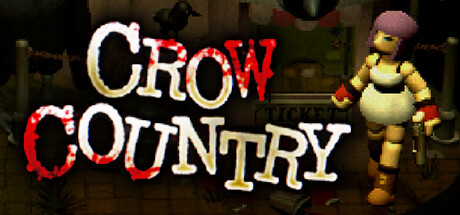
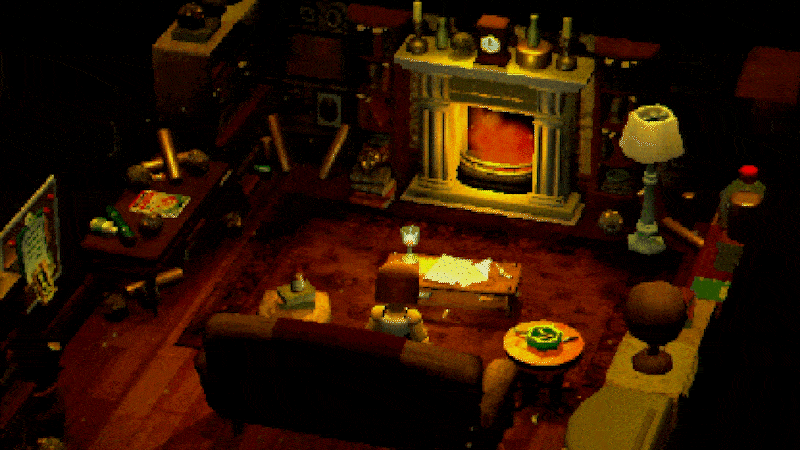
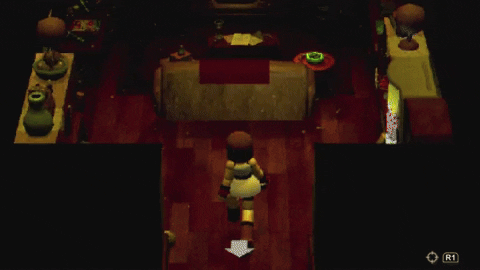
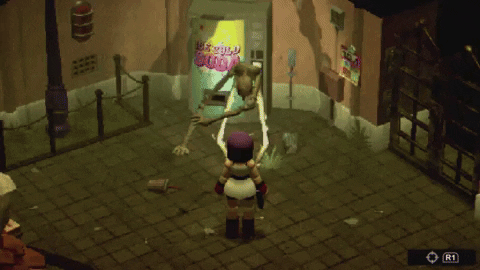
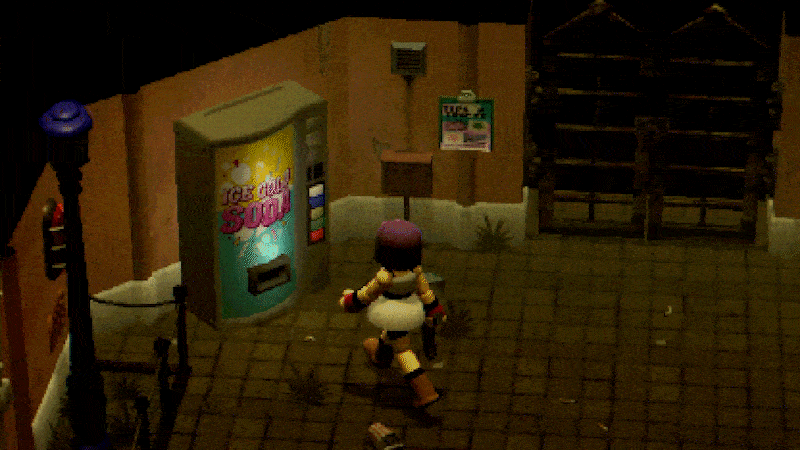
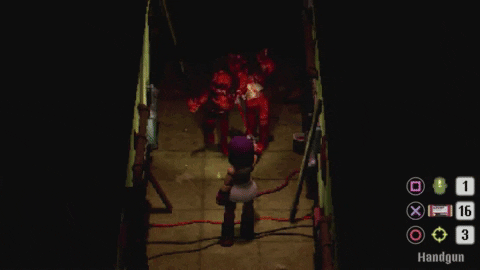
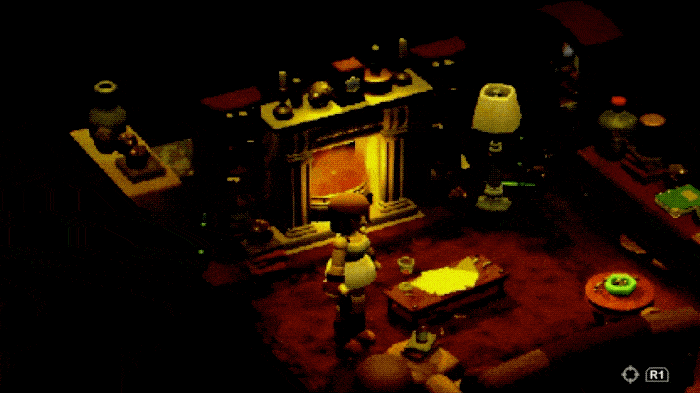
Crow Country (2024)
Crow Country is a 2024 indie survival horror game developed and published by SFB Games.
The year is 1990. It’s been two years since the mysterious disappearance of Edward Crow and the abrupt closure of his theme park, Crow Country. But your arrival has broken the silence, Mara Forest. If you want answers, you’ll have to venture deep into the darkness of Crow Country to find them…
#crow country#horror#horror game#horror games#survival horror#psychological horror#psychological#classic horror#psychological horror game#playstation#pc game#indiedev#indie horror#indie dev#indie game#indie#ps1 horror#ps5 game#ps1 aesthetic#ps1 aesthetics#low poly#low polygon#crowcountry#retro horror games#retro horror#retro game aesthetic#retro game#webcore#netcore#oldweb
2K notes
·
View notes
Text







みんなでおどろう オズのまほうつかい🌈⭐🍀🎀🌽
#⠀🌈🍀🌷 ⊹︵︵︵ ⊹ ୨୧ ⊹ ︵︵︵ ⊹🌈🍀🌷#🧃♡ ⋆。˚イ~ハ~! ꒰ 🖍️🌞🌈 ꒱ ₊ 🍓 。˚ え~#Minna de Odorou: Oz no Mahoutsukai#SEGA#みんなでおどろう オズのまほうつかい#PICO#my gifs#gif#かわいい#game#video game#retro game#90s#1990s#otakucore#otaku☆chan#kawaii#animecore#kawaiicore#jojifuku#nostalgiacore#childhood
261 notes
·
View notes
Text

#pokemon#pokemon yellow#pokemon gbc#pikachu#red trainer#video games#old video games#aesthetic#my own post#art#retro game#retro consoles#retro graphics#gif#my gif#mood
274 notes
·
View notes
Text

#old graphics#retro game#retro futurism#vaporwave#graphic design#oddcore#liminal#liminal tech#technocore#2000s tech#blue#blue cybercore#cybercore#cyberpunk#techno pagan#y2k futurism#2000s futurism#y2k aesthetic#y2k nostalgia#2000s#early 2000s#2000s nostalgia#nostalgia#computercore#gamer#liminal aesthetic#cybercore aesthetic#cyber y2k#y2kcore#y2k
156 notes
·
View notes
Text

Ehrgeiz: God Bless the Ring Playstation 1998
#gaming#retro gaming#video games#low poly#ps1#psone#psx#playstation#square#squaresoft#square enix#final fantasy#final fantasy vii#final fantasy 7#ff7#tifa#tifa lockhart#sephiroth#dream factory#dreamfactory#90s#1990s#1998#ehrgeiz#god bless the ring#ehrgeiz god bless the ring#retro game#nostalgia#nostalgic#fighting game
2K notes
·
View notes
Text

Do me a favor, would you? Go to your social media site/app of choice and do a search for "acornbringer." Something tells me not all of you know I'm set up over there too 🎃
In the meantime, enjoy this demon 😈👍
#horror#horror game#indie horror#indie horror game#indie dev#indie game#indie game dev#game dev#game development#unity#unity 3d#made with unity#low poly#3d#3d game#game art#retro style#retro game#retro aesthetic#survival horror#demon
233 notes
·
View notes
Text

Á̷̦ȓ̷̲̀e̶̳̦̾̌ ̵̜̅͘ý̵̮͕o̷̮͠u̸͊͜ ̶͕̞́̚i̸͍͕̓n̴͓̣̓̊?̵̪̽
#cartoon#animation#2d animation#drawing#digital art#digital drawing#digital artwork#art#illustration#artist#cartoonist#animator#digital artist#artists on tumblr#retro game#horror game#shipwrecked 64#sw64#shipwrecked 64 fanart#broadside beach#shipwrecked arg#cd rom#olive otter#bucky beaver#giovanni goose#walter walrus
75 notes
·
View notes
Text
Adema - Immortal (2002)
#adema#Adema immortal#mortal kombat deadly alliance#mortal kombat#2002#video#videos#music videos#tunes#retro gaming#retro game#y2k#2000s#00s#2000s music#2000s alternative#00s alternative#y2k music#y2k alternative#2000s nostalgia#2000s kids#y2k nostalgia#2000s style#y2k aesthetic#y2k style#2000s kid#00s nostalgia#00s aesthetic#2000s aesthetic#2000s core
167 notes
·
View notes
Text
YEAHHHH MEGAMAN LEGENDS!!



Hai guys I love this series it’s so fun, started this piece in February and now I actually got to finish it LOL
#sketch#doodle#drawing#art#digital art#fanart#roxy dogg art#doodles#megaman#megaman legends#megaman volnutt#roll caskett#rockman dash#megaman fanart#video game fanart#video game#ps1#retro game#retro
77 notes
·
View notes
Text

Zero Time Dilemma: Where Free Will Dies Screaming
"If you remove all the pieces of a ship, one by one, is it still the same ship?"
That’s not just a dorm-room question for philosophy majors - it’s the silent scream at the heart of Zero Time Dilemma (2016). The third entry in Kotaro Uchikoshi’s Zero Escape trilogy isn't just the darkest - it’s the most disturbed, fragmented, and meta-aware. A game that doesn’t just tell a story - it gaslights you into questioning whether the story ever existed at all.
Beneath its pseudo-Saw setting and logic puzzles lies a game obsessed with one terrifying question:
What happens when a person becomes aware they are a variable in someone else's equation?
Fragmented Consciousness as Horror
Unlike its predecessors, Zero Time Dilemma doesn’t let you follow one linear path. Instead, you bounce between timelines and memory fragments - completely out of order. This isn’t just narrative novelty. It’s weaponized disorientation.
You, the player, are forced to simulate the experience of temporal dissociation - a horror that mirrors real-world psychological conditions like dissociative identity disorder, PTSD, or memory repression. You wake up in a new “fragment” without knowing what your past self did. You watch the same character die in three different ways. You solve puzzles to try to prevent an outcome you already witnessed.
You are complicit. And yet, never in control.
That’s the dread: Zero Time Dilemma doesn’t ask "What would you do?" It says: "You already did it. And it didn’t help."
Free Will as a Lab Experiment
The Decision Game - the core premise - operates on the illusion of choice. But like Schrödinger's cat, each decision you make is a quantum state: both right and wrong until observed. The real horror is realizing that even your agency is a variable in someone else’s algorithm.
Characters aren’t making decisions. They’re being watched, measured, split across timelines like cells under a microscope. Every death is an iteration. Every betrayal is a test result.
The mastermind Zero isn’t just an antagonist. He’s a surrogate for the player, the developer, and the narrative algorithm itself. The game hints that causality has collapsed. That time isn’t a line but a mobius strip soaked in blood.
If 999 was about survival, and Virtue's Last Reward about trust, then Zero Time Dilemma is about despair as design. It’s a world where your only role is to suffer well.
Identity Is a Lie Told by Continuity
Characters in ZTD begin to suspect they are not singular beings. This isn’t just sci-fi - it’s existential dread. Sigma and Diana face a future where their souls are uploaded, duplicated, fragmented. Phi is born of paradox. Akane becomes myth. Q isn’t even sure if he’s human.
The deeper horror? The more they learn, the less human they become. Knowledge severs their emotional grounding. In the real world, identity is formed by memory, morality, and embodiment. In ZTD, those are just file properties - subject to overwrite.
Ask yourself: If you're distributed across realities, and you only exist in pieces, are you still a person?
Or have you become a narrative function?
The Player as God - and Monster
This is where the meta-horror cuts deepest.
You, the player, are orchestrating this suffering. Your omniscient perspective gives you power - but it’s cold, detached, and amoral. You’re not solving for justice. You’re solving for completion. You need to unlock every outcome to unlock the truth. Which means forcing every character to endure every possible trauma.
Kidnapping. Betrayal. Murder. Regret. You press "Continue" as they scream, just to see what happens next.
You’re not playing God.
You’re playing Zero.
And the game knows it.
The Psychological Toll of Absolute Knowledge
The deeper you go, the worse it gets. ZTD reveals that full awareness across timelines is not empowerment - it’s psychic decay. Phi, Sigma, Akane - all show signs of wear. They become ritualistic, obsessed with timelines, detached from the emotional weight of death.
Their empathy erodes. They become more like the player.
It’s a rare game that dares to say this:
“Knowing everything will not save you. It will destroy you.”
Zero Is Not a Villain. Zero Is a Mirror.
In ZTD, the villain isn’t a twisted genius - it’s the system itself. The escape room. The timeline. The branching logic. It’s the framework of the narrative, and you, the player, are the one making sure it runs to completion.
In the final analysis, Zero Time Dilemma becomes a kind of theological horror. A game where God has been replaced by a sentient flowchart, where the soul is just a conditional flag, and where hell isn’t punishment - it’s repetition.
And maybe that’s the darkest thing of all:
You didn’t come here to save them. You came here to watch them suffer in every way possible. And the game made sure you had no choice.
#Zero Time Dilemma#3DS#Zero#Retro#Retro Game#meta horror#fragmented consciousness#loss of identity#free will is a lie#narrative determinism#schrodingers protagonist#player complicity#timelines as torture#quantum morality#multiverse collapse#you are zero#suffering as structure#conditional flag hell#games that break you#existential horror in games#philosophy of player agency#theology of game design#what happens when stories hate you#trauma engine#collapse theology#Pixel Crisis
65 notes
·
View notes